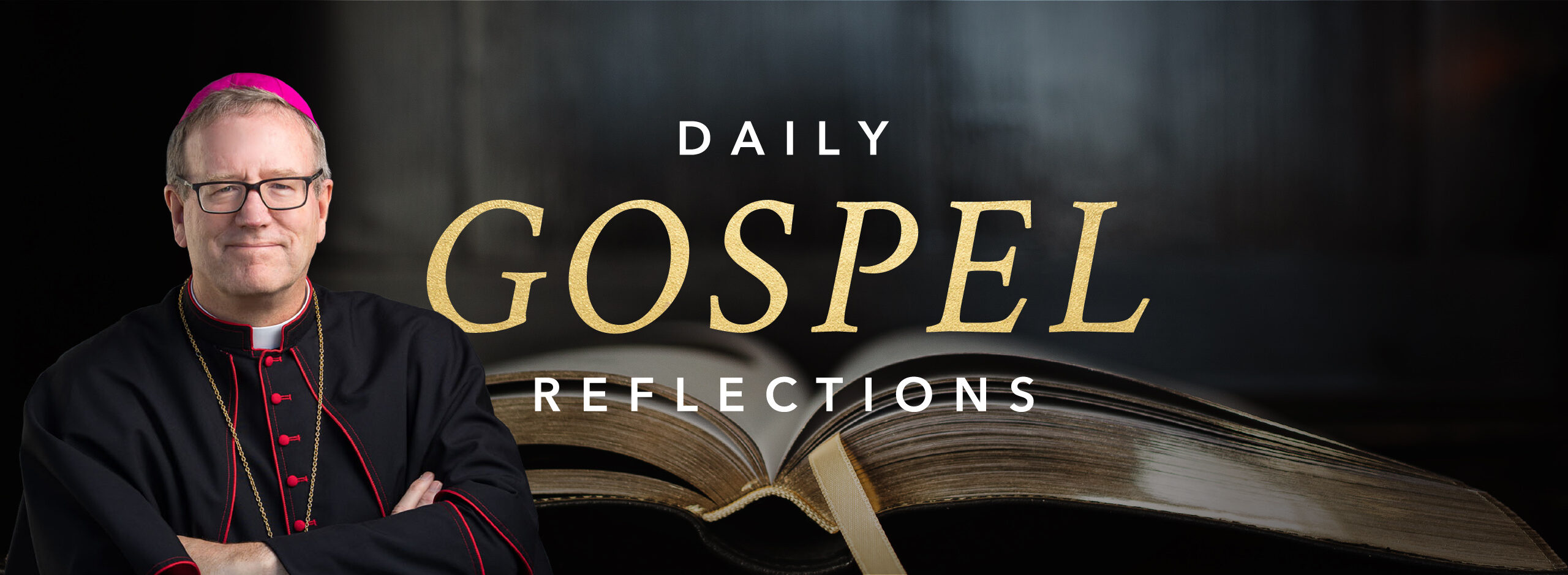Friends, in today’s Gospel, the Pharisees plot against Jesus because he healed a man on the sabbath.
Christians know something of God from sources philosophical, mythological, historical, and poetic, but their deepest grasp of the nature of God comes from Jesus of Nazareth, the Logos, the spoken Word of the Father. This Jesus was the friend of the marginalized, the healer of the disabled and the sick, the advocate of the forgotten, the forgiver of sins. His mission was to carry the fire of divine mercy to all those who were cut off from it.
In doing so, he excited the wrath and opposition of the powerful, all those whose status depended upon an ideology of violence, differentiation, and exclusion. When he was born, Herod trembled, and when he came on the public scene, Pharisees schemed and protectors of the establishment plotted to do away with him.
In the end, he was put to death by a conspiracy of the secular and religious authorities, and, in his moment of greatest danger, he was betrayed, denied, and abandoned by even his dearest friends. Jesus did not simply die; he was executed, eliminated. And he died precisely because of the way he lived.
